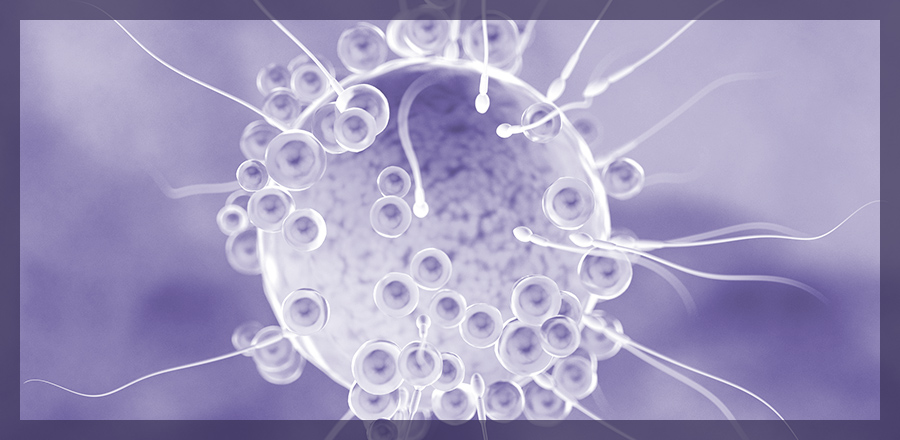
There’s a lot of variation in how long it takes sperm to reach an egg. Very fast sperm can reach the egg in an hour, while slower sperm may take several days. Because an egg only lives 12-24 hours, the faster sperm have an advantage, especially if a couple has sex on the day of ovulation.
However, sperm can live 5-7 days in a woman’s reproductive tract. This means that sperm that enters the woman’s body before ovulation may actually have a better chance of fertilizing an egg. In fact, research has shown that the best day to get pregnant is actually the day before ovulation. Couples who have sex every other day leading up to and immediately after ovulation may have the best chances of pregnancy, since ejaculating more frequently may diminish sperm count.
Signs of Healthy Sperm: How to Tell if a Man is Fertile
There’s no surefire way to measure a man’s fertility without fertility testing, including semen analysis. Men who seem very healthy may have very low sperm counts, while men in relatively poor health may have very healthy sperm. So don’t try to assess fertility based on a man’s health, appearance, or sexual performance.
Some warning signs may indicate a potential problem. A man is more likely to be infertile, or to have low fertility, if:
- He has a history of erectile dysfunction
- Ejaculation or urination is painful
- There is blood in the semen, or the semen is an unusual color
- The volume of semen the man ejaculates is very low
- The man smokes or uses illegal drugs
- The man is in poor health, especially if he has diabetes or cardiovascular health conditions
Odds of Pregnancy
Many men with infertility issues are actually subfertile. This means that there is still a chance of getting a partner pregnant, but the odds are reduced. For example, a man with a sperm count that is lower than normal may still be able to get his partner pregnant. It may take longer, though, and if the woman has fertility issues, the odds of pregnancy will be much lower.
When a man’s fertility is suboptimal, a doctor may focus on improving the woman’s fertility, or recommend measures to improve the man’s health.
If a man has no sperm, cannot ejaculate, or has very few healthy sperms, then he will not be able to get his partner pregnant. Treatment for this form of infertility varies, but may include:
- Surgery to correct anatomical issues.
- Treatment for underlying health issues. For example, cardiovascular health issues may cause severe erectile dysfunction.
- The use of donor sperm.
- The use of artificial reproductive technologies such as intrauterine insemination (IUI) or in vitro fertilization (IVF).
There is no one-size-fits-all treatment, so talk to your doctor and ensure you have a comprehensive diagnostic workup. The odds of pregnancy vary with the diagnosis, and with other factors — notably the woman’s fertility.
